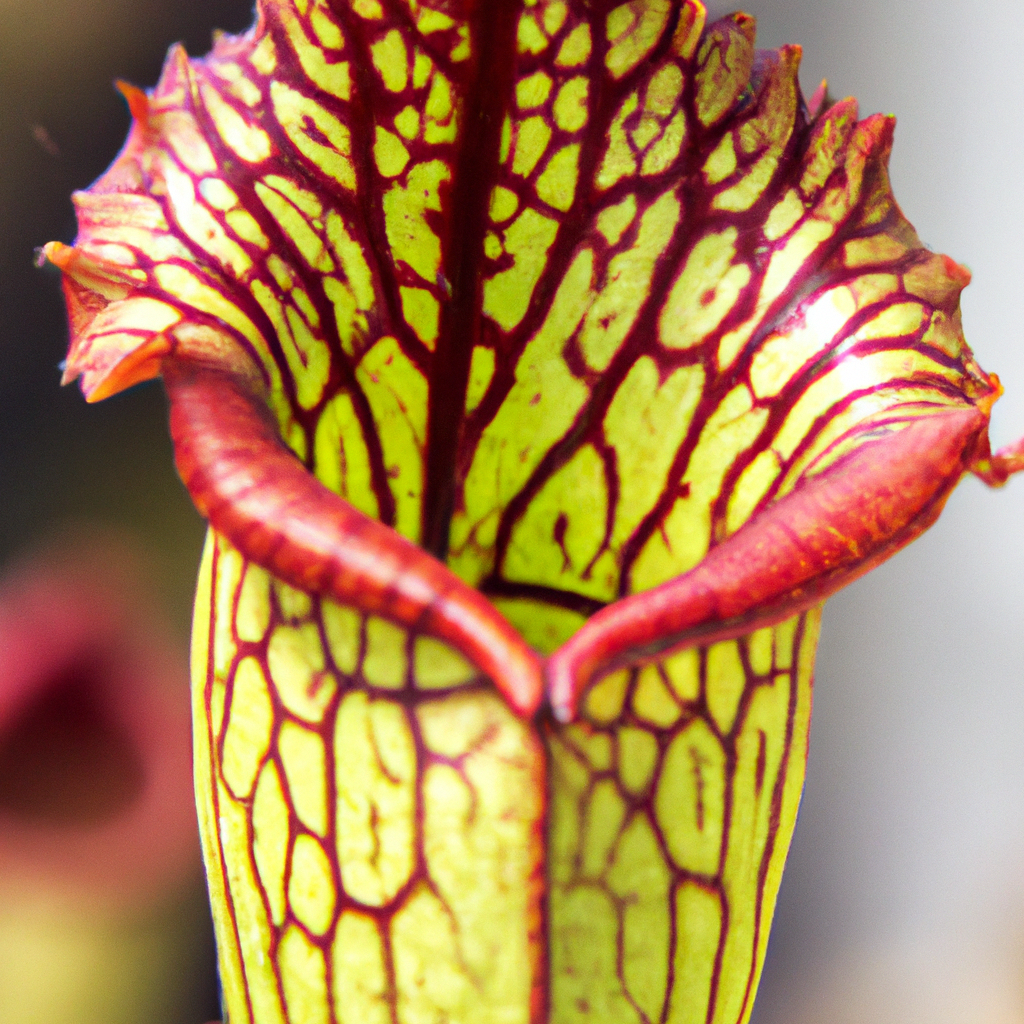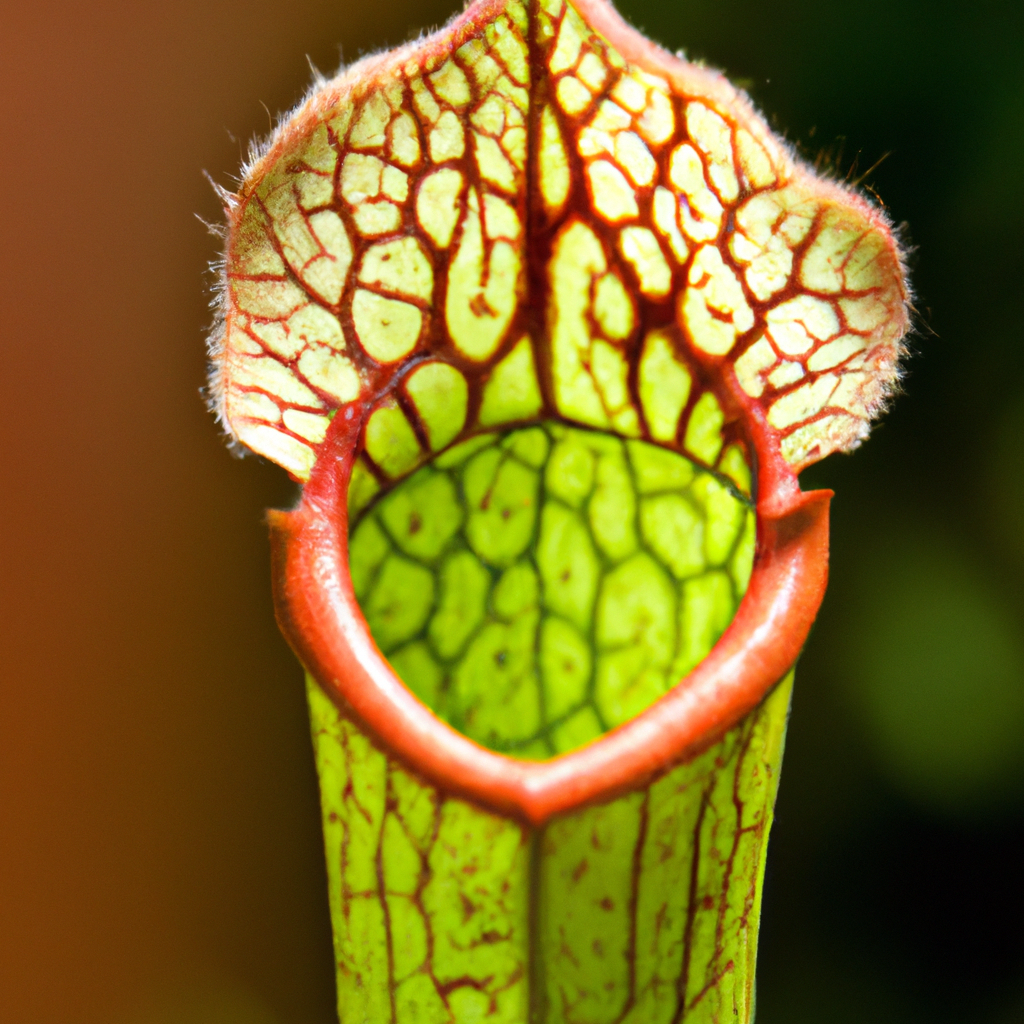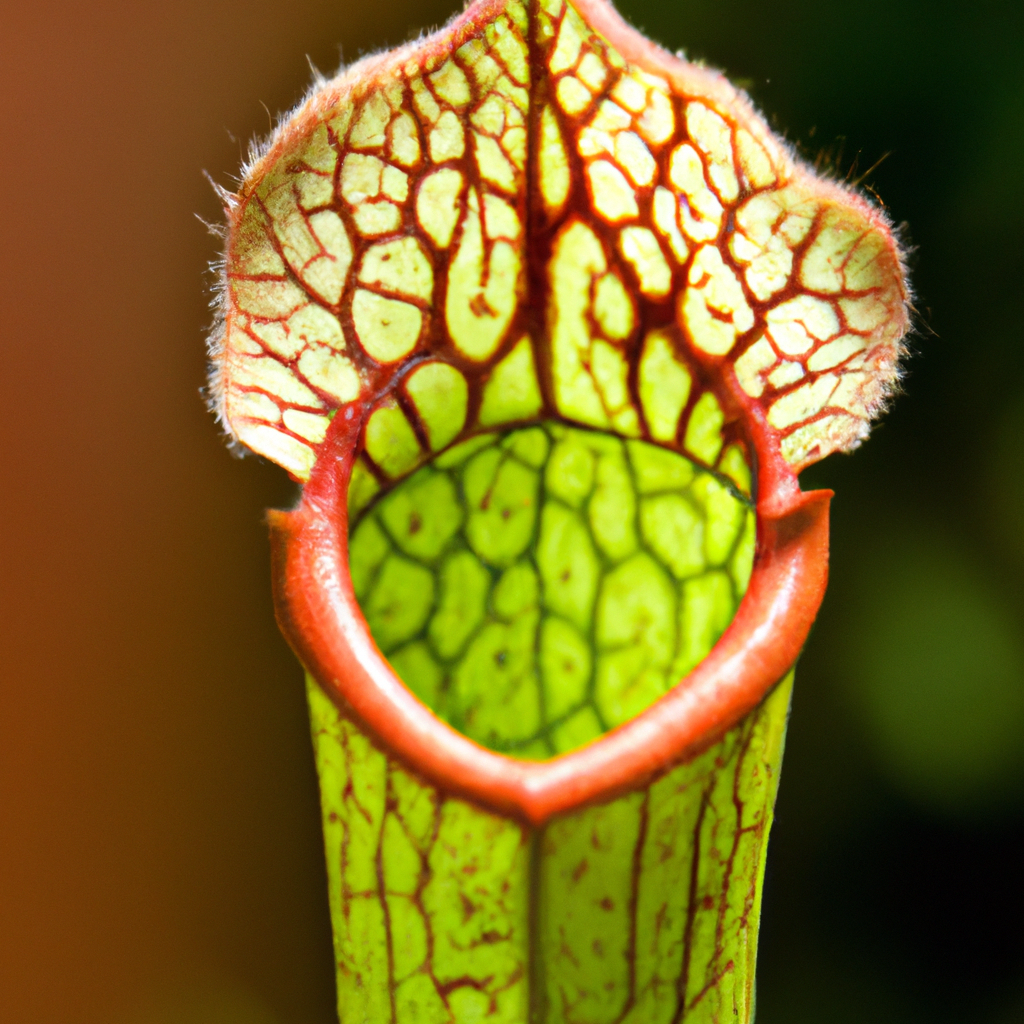Flies buzzing around your home can be quite the nuisance, but fear not, as there are simple and natural remedies to eliminate these pesky creatures. In this article, you will discover ten effective methods that require minimal effort and utilize common household items to keep your space fly-free. Say goodbye to those unwanted winged visitors and enjoy a peaceful and fly-free environment with these ingenious solutions.

Herbs and Essential Oils
Peppermint Oil
Peppermint oil is a versatile and effective natural remedy for repelling flies. Its strong scent acts as a deterrent, making flies want to stay away from areas where it is present. You can create a homemade fly spray by mixing peppermint oil with water and spraying it around your home, particularly around entrances and windows. Alternatively, you can soak cotton balls in the oil and place them strategically around your house to deter flies from entering.
Lavender Oil
Lavender oil is not only known for its soothing aroma but also for its fly-repellent qualities. Flies are repelled by the strong scent of lavender, making it an excellent natural fly deterrent. You can use lavender oil in the same way as peppermint oil, either by making a spray or placing soaked cotton balls in key areas of your home. Additionally, planting lavender plants in your garden can help keep flies at bay while adding a beautiful touch to your outdoor space.
Eucalyptus Oil
Eucalyptus oil is another effective essential oil to repel flies. Its strong odor acts as a natural fly repellent, making it an ideal choice for deterring these pesky insects. Mix eucalyptus oil with water and spray it around areas where flies tend to gather, such as garbage cans or outdoor dining areas. You can also use eucalyptus oil-soaked cotton balls to ward off flies from specific areas in your home.
Basil
Basil is not only a culinary herb but also a natural fly repellent. The strong aroma of basil plants is known to deter flies and other flying insects. Planting basil in your garden or placing potted basil plants near entrances and windows can help keep flies away. Additionally, you can place fresh basil leaves in areas where flies are commonly found, such as kitchen countertops or dining tables, to discourage them from hovering around.
Bay Leaves
Bay leaves are commonly used as a flavor enhancer in cooking, but they also serve as an effective fly repellent. The strong scent of bay leaves is detested by flies, making them an excellent natural deterrent. Place bay leaves in small bowls or tie them in small sachets and hang them around your home. You can also crush dried bay leaves and sprinkle them in areas where flies congregate, such as around trash cans or pet areas.
Plants
Basil Plant
The basil plant, as mentioned earlier, is not only a tasty herb but also a great natural fly repellent. Having potted basil plants in your home can help deter flies from entering. The strong aroma of the basil plant will act as a deterrent to flies, reducing the chances of them infesting your living spaces.
Lavender Plant
Adding lavender plants to your garden not only adds a pop of color and a pleasant fragrance but also helps repel flies. The scent of lavender is known to repel flies and other flying insects, making it a perfect addition to your outdoor space. Plant lavender around seating areas, near entrances, or in pots near windows to keep flies at bay.
Pitcher Plant
Pitcher plants are unique carnivorous plants that have evolved to attract and capture insects, including flies. These plants have modified leaves that form a “pitcher” shape, filled with digestive enzymes. Flies are lured into these pitchers by their scent, and once inside, they become trapped and digested. Adding a pitcher plant to your garden can help naturally control the fly population by serving as a trap for these pests.
Venus Flytrap
The Venus Flytrap is another fascinating carnivorous plant that is known for its ability to catch flies. This remarkable plant has specialized leaves with trigger hairs that, when touched by a fly, cause the leaves to snap shut, trapping the insect. The Venus Flytrap then secretes enzymes to digest the captured fly. By incorporating a Venus Flytrap into your garden or indoor space, you can effectively reduce the number of flies present.
Citrus Fruits
Lemon
Lemons not only add a tangy flavor to recipes and drinks but can also help repel flies. The strong citrus scent of lemons is disliked by flies, making them less likely to linger around areas where lemons are present. Squeeze lemon juice and dab it on cloth strips, then hang them near entrances or windows to discourage flies from entering your home.
Lime
Similar to lemons, limes have a strong citrus scent that flies find unappealing. You can use the same method as with lemons, by squeezing lime juice onto cloth strips and strategically placing them around your home. Alternatively, you can cut a lime in half and stick cloves into the flesh to create a natural fly deterrent.
Orange
Oranges are not only delicious and nutritious fruits but can also act as natural fly repellents. The citrusy scent of oranges is known to repel flies, making them a useful addition to your fly control methods. Similar to lemons and limes, you can extract orange juice and apply it to cloth strips or hang orange peels near entrances and windows to deter flies.
Fly Repellent Plants
Mint
Mint plants not only provide a refreshing aroma and flavor but also work as a natural fly repellent. The strong scent of mint is disliked by flies, making it an effective deterrent. Planting mint in your garden or keeping potted mint plants near entrances and windows can help keep flies away. You can also crush mint leaves and rub them on your skin as a natural fly repellent while spending time outdoors.
Rosemary
Rosemary, with its distinctive scent, acts as another potent fly repellent. Planting rosemary in your garden or placing potted rosemary plants near outdoor seating areas can help repel flies. You can also make a homemade fly repellent spray by steeping rosemary leaves in hot water, straining the liquid, and spraying it around your home.
Pennyroyal
Pennyroyal is a herb known for its strong scent and fly-repellent properties. This aromatic plant has been used for centuries to deter flies and other insects. Planting pennyroyal in your garden or keeping potted pennyroyal plants near entrances and windows can help keep flies at bay. It’s important to note that pennyroyal should not be used by pregnant women or pets, as it can be toxic if ingested in large quantities.
Marigold
Marigolds are not only beautiful flowers but also serve as effective fly repellents. The scent of marigolds repels flies, making them an excellent addition to your garden or outdoor space. Plant marigolds in pots or flower beds near entrances, windows, or dining areas to keep flies away. Additionally, marigolds can attract beneficial insects that prey on flies, creating a more balanced ecosystem in your garden.

Flypaper
Flypaper is a commonly used method to catch and trap flies. It is made of a sticky material that flies get stuck to when they land on it. You can hang flypaper strips near windows, entrances, or areas where flies are commonly present to catch them effectively. Flypaper is an effective and affordable way to reduce the fly population in your home.
Fly Traps
Jar Trap
A jar trap is a simple and effective way to catch and eliminate flies. To make a jar trap, fill a large jar with a mixture of vinegar and a few drops of dish soap. Punch small holes in the lid of the jar that are large enough for flies to enter but difficult for them to escape. Flies will be attracted to the scent of vinegar and will enter the jar but won’t be able to fly back out. Empty the jar regularly to dispose of the trapped flies.
Plastic Bag Trap
A plastic bag trap is an easy DIY method to trap flies. Take a clear plastic bag and fill it halfway with water. Add a few drops of dish soap and hang the bag near entrances or areas where flies are prevalent. The reflection of light on the water surface combined with the soap will attract flies, and once they land on the bag, they will get trapped in the water. Empty the bag regularly to prevent the trapped flies from escaping.
Vinegar Trap
Vinegar is known to attract flies due to its strong scent. To make a vinegar trap, pour a small amount of apple cider vinegar or white vinegar into a jar or bowl. Add a few drops of dish soap and stir to create a mixture. Cover the jar or bowl with plastic wrap and secure it with a rubber band. Poke small holes in the plastic wrap to allow flies to enter. Flies will be attracted to the vinegar scent, and the soap will prevent them from escaping. Empty the trap regularly and refill as needed.
Home Remedies
Apple Cider Vinegar
Apple cider vinegar is a versatile home remedy that can help deter flies. Its strong scent attracts flies, making it an effective bait for traps or repellents. You can create a homemade fly spray by mixing equal parts apple cider vinegar and water, then spraying it around your home. Additionally, placing small bowls of apple cider vinegar near entrances or areas where flies gather can help attract and trap them.
Cloves
Cloves have a potent scent that flies find unpleasant. You can create a natural fly repellent by placing a handful of cloves in a small sachet or tying them in a cloth and hanging them near entrances or windows. The aroma of cloves will discourage flies from entering your home. Additionally, you can make a fly repellent spray by boiling cloves in water, letting the mixture cool, and then transferring it to a spray bottle.
Pine Sol
Pine sol is a cleaning product with a strong pine scent that flies find repulsive. By using pine sol to clean floors, countertops, or other fly-prone areas, you can help deter flies from lingering in those spaces. Dilute pine sol with water according to the product instructions and use it as a cleaning solution. The lingering scent of pine sol will help to repel flies and keep your home clean and fresh.
Cucumber Slices
Cucumber slices not only make a refreshing snack but can also help repel flies. Flies are known to be repelled by the scent of cucumber. Placing slices of cucumber near entrances or windows can help deter flies from entering your home. Additionally, cucumber slices can be used as a natural fly repellent for outdoor gatherings by placing them around food or seating areas.
Cleanliness and Hygiene
Keep Trash Cans Covered
Preventing flies from accessing your trash is crucial in minimizing their presence in and around your home. Make sure to use trash cans with tightly fitting lids and keep them securely closed at all times. Regularly empty the trash cans and clean them to eliminate any leftover food or residue that may attract flies.
Dispose of Garbage Regularly
Promptly disposing of garbage is essential in reducing fly populations. Avoid leaving trash bags or containers filled with garbage for an extended period. Regularly take out the trash and place it in sealed bins or dumpsters away from living spaces to discourage flies from congregating.
Clean Pet Waste
Pet waste can be a significant attractant for flies, leading to increased populations around your home. Scoop pet waste regularly and dispose of it in sealed bags. Clean up any areas where pets urinate to eliminate the odor that may attract flies. Proper pet waste management will significantly reduce fly infestations.
Screening and Sealing
Install Window Screens
Installing window screens is a practical way to prevent flies from entering your home through open windows or doors. Ensure that all windows and doors have properly fitted screens with no gaps or tears. Regularly inspect and repair any damaged screens to maintain their effectiveness in keeping flies out.
Seal Cracks and Openings
Flies can use even the tiniest gaps or cracks to enter your home. Inspect the interior and exterior of your home for any openings that may act as entry points for flies. Seal gaps around windows, doors, vents, and utility entrances using caulk or weatherstripping. By sealing these openings, you can prevent flies from finding their way inside.
Fans and Air Circulation
Use Ceiling Fans
Using ceiling fans can help deter flies from settling in certain areas of your home. The moving air created by ceiling fans disrupts the flight patterns of flies and makes it more difficult for them to land. Installing ceiling fans in kitchens, dining areas, or living rooms can help reduce fly activity in those spaces.
Use Oscillating Fans
Oscillating fans are another effective tool in deterring flies. By setting up oscillating fans in areas where flies are commonly found, such as outdoor seating areas or near open windows, you can create airflow that discourages flies from landing and staying. The constant movement and air circulation provided by oscillating fans make it challenging for flies to settle down.
By incorporating these natural and home remedies, maintaining cleanliness, and implementing preventive measures, you can significantly reduce the presence of flies in and around your home. These methods offer safe and eco-friendly alternatives to chemical fly repellents and help create a fly-free environment that allows you to enjoy your living spaces without unwanted fly infestations.




